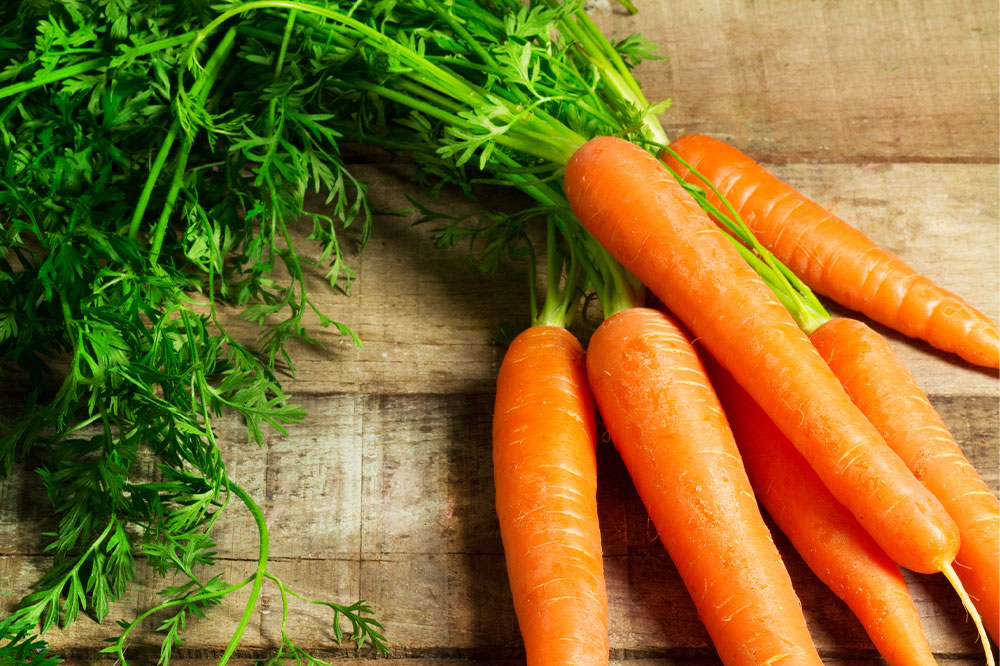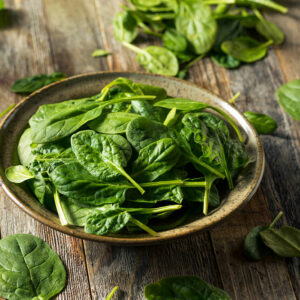7 Types of Foods That Can Improve Lung Health

Inflammation, infection, cell and tissue damage, and aging are some of the common factors that can contribute to issues that interfere with the normal functioning of the lungs. Respiratory issues are usually triggered by viral or bacterial infection, exposure to irritants and environmental pollution, lack of nutrition, unhealthy lifestyle choices, and a family history of a lung-related condition. Here, good eating habits can help in maintaining lung health and preventing respiratory issues.
Managing lung health
Limiting exposure to pollution is a key measure to protect the lungs. So, one should wear masks outdoors to avoid dirt, dust, smoke, and hazardous fumes from entering the body. Maintaining the highest hygiene standards at home and outside can help one prevent contracting any infection through airborne pathogens. While a healthy meal plan and regular exercise can strengthen the lungs, frequent medical checkups can help identify any risk of lung disease so that one can take necessary preventive measures.
Best foods for lungs
A nutritious, balanced, and lung-friendly meal plan can help the immune system keep infections at bay. So, one should add the following nourishing foods to their daily meals:
Sources of vitamin A
The lungs are among the last organs to develop in a fetus, so the right nutrients during pregnancy help in healthy lung development. Vitamin A is one of the crucial nutrients for healthy lung development in infancy and for maintaining lung health at all ages. Retinoic acid, a key component of Vitamin A, is essential for developing air sacs and maintaining airways, lung cells, and tissues. Research has also shown that those with various respiratory illnesses have a deficiency of vitamin A. The nutrient is vital for the lung epithelium, which provides barrier protection, maintains fluid balance in the lungs, clears irritants, initiates an immune response, and produces mucus. Vitamin A is one of the most easily available nutrients in fruits, vegetables, and milk. So, one should have vitamin A-rich foods like carrots, green leafy vegetables, fish, pumpkins, milk, eggs, peas, sweet potatoes, beef liver, and cod liver oil.
Foods with vitamin C
The role of vitamin C in fighting infections has been established. As human bodies cannot produce the nutrient, it should be obtained through daily meals. Doctors use vitamin C to treat infections that affect the respiratory system, like the common cold and flu. Continuous and long-term intake of this vitamin helps fight bacterial and viral infections and can also promote the active growth of immune cells like macrophages and lymphocytes. So the nutrient helps fight infections and boost immunity. The lung tissues have a protein called collagen, and vitamin C can help repair any damage to collagen and improve the absorption of nutrients allowing the lungs to be healthy. Vitamin C is easily available in many plant-based foods like oranges, green peppers, watermelon, papaya, grapefruit, cantaloupe, strawberries, tomatoes, Brussels sprouts, greens, winter squash, raspberries, and pineapple.
Magnesium-rich food
Magnesium sulfate is a natural bronchodilator that can help control and prevent asthma triggers. Bronchodilators help relax the bronchial muscles and expand the airways, which are tiny tubes that carry air to and from the lungs. Doctors commonly prescribe bronchodilators for those with respiratory problems causing symptoms like shortness of breath or breathing difficulties. Magnesium also has anti-inflammatory properties that can nourish the lungs and protect against inflammation. Here, one can add foods like dark chocolate, avocado, cashews, almonds, brazil nuts, lentils, beans, chickpeas, peas, soybeans, pumpkin seeds, chia seeds, flax seeds, buckwheat, oats, and barley.
High-fiber foods
According to the American Thoracic Society, those following a meal plan rich in fiber have better lung function, and few have airway blocks or restrictions. Further, following such a meal regimen from an early age can nourish the lungs and protect them from any inflammation, as fiber generates metabolites that can fight inflammation. Doctors recommend a fiber-rich regimen as part of treatment for COPD. Here, one can have foods like raspberries, peas, lentils, black beans, whole-wheat spaghetti, quinoa, and pears.
Protein sources
Protein is crucial for generating and repairing new lung tissues and cells and maintaining muscle mass. Protein also helps beat fatigue which is one of the symptoms of lung diseases. Doctors have observed protein deficiency in many patients with a history of lung-related diseases. While adding protein sources, one should avoid those that can trigger inflammation or cause bloating and gas and choose only lung-friendly proteins. Low-fat dairy, chicken, turkey, whey protein, and eggs are great options.
Anti-inflammatory foods
Inflammation of the airways or lungs is the cause of lung diseases like COPD, emphysema, asthma, and pulmonary fibrosis. Regular intake of food with anti-inflammatory properties can help ease breathing. Foods rich in antioxidants and omega-3 help do not cause inflammation and can help prevent flare-ups, reducing the risk of complications. Some of the easily available anti-inflammatory foods are flaxseeds, pumpkin, turmeric, citrus fruits, green tea, olive oil, berries, anchovies, and Swiss chard.
Antioxidant-rich foods
Lungs are one of the most vital organs that are directly affected by pollution, allergens, dust, and other household and environmental toxins. Food can play an important role in getting rid of toxins in the body. For instance, antioxidants target and eliminate free radicals that damage the cells. They also help in reducing oxidative stress. Antioxidants are compounds found in bodies and naturally in specific foods. Generally, green, red, orange, yellow, blue, white, and brown plants and plant-based foods are rich in antioxidants. So, one can choose foods like oranges, grapefruits, sweet potatoes, apples, vegetable oils, peanut butter, wheat germ, whole grains, fortified cereals, pecans, purple grapes, onions, red cabbage, red wine, fresh parsley, oregano, and peppermint.
While food can help nourish the lungs, nutrition by itself cannot cure diseases. So, one must follow a healthy lifestyle and avoid exposure to irritants and allergens. Exercising regularly can improve lung function and overall health.











